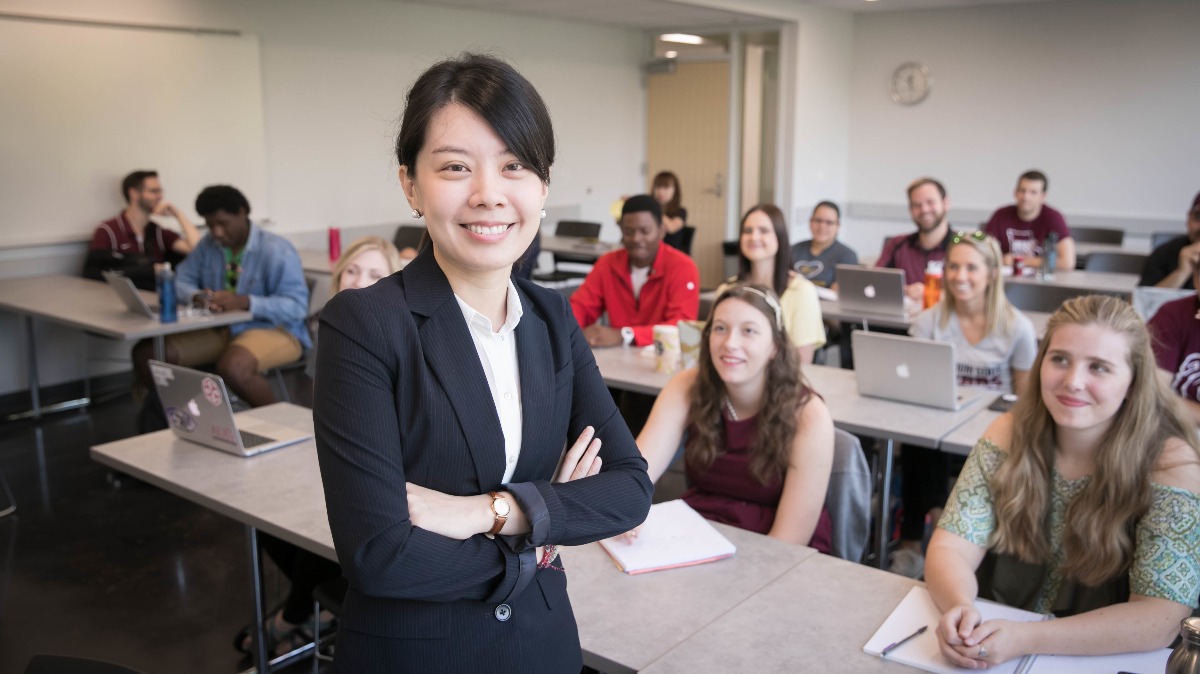Dr. Nancy Kageyama, assistant professor of hospitality leadership, virtually attended the Teaching and Education Research Association’s (TERA) International Conference on Teaching, Education and Learning Dec. 14.
She presented a research project titled “The impact of business game features on students’ learning and critical thinking.”
The power of perception
As more of education goes virtual, simulations have become a key teaching tool.
Kageyama studied how students’ perceived learning when using simulations affects their ability to think critically.
“The results show students must feel they are learning for simulations to actually develop their critical thinking skills,” Kageyama said. “It’s better use of simulation features that leads to better learning outcomes among students.”
She focused on two key features of simulated spaces: structure and user involvement.
Her research shows simulation structure to be the more critical dimension. Yet the features combine to complement or hinder student learning, she explains.
“Simulation structures should be supportive, helping students complete their tasks,” Kageyama said. “They should also involve students in the playing process to keep them progressing from one task to the next.”
Overcoming the impact of COVID-19 on education
The pandemic has changed many aspects of life, including education.
Conference participants made this topic a primary focus of their presentations and discussions.
“While participants came from varying disciplines, we all shared a common interest,” Kageyama said. “We all wanted to understand how to help students best learn during the pandemic.”
Kageyama appreciated that the conference allowed her to connect with fellow researchers. This included those from different countries around the world.
“Sharing and learning research topics is crucial, even during a pandemic,” Kageyama said. “The virtual conference enabled us to continue such an exchange of ideas about teaching and learning.”
About TERA
TERA fosters the spread of ideas in education and teaching. It provides collaboration, networking and intellectual development opportunities.
TERA’s international community includes a diverse body of practitioners, researchers and students.
Discover more from CNAS NewsWatch
Subscribe to get the latest posts sent to your email.

